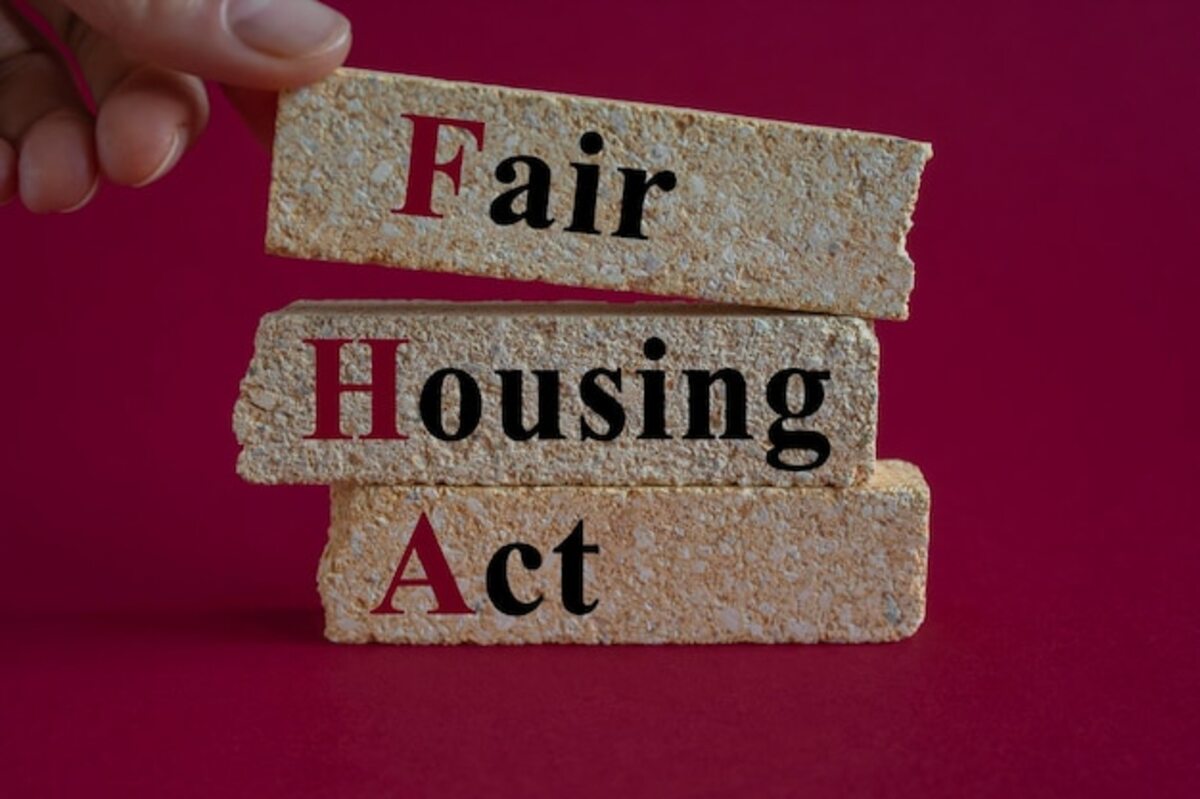How to handle rent increases and their legal implications

How to handle rent increases and their legal implications is a growing concern for many tenants in Costa Rica. With the constant rise in prices, it is crucial to know your rights and obligations as a tenant. This article will guide you through the most effective strategies to face this situation, ensuring that you are well-informed and legally protected. Learn how to negotiate with your landlord and what laws support you in this process.
1. Understanding the Tenancy Law in Costa Rica
To understand the Lease Law in Costa Rica, it is essential to become familiar with the legal framework that governs the relationships between landlords and tenants. This law establishes the rights and obligations of both parties, creating a balance aimed at protecting the tenant from potential abuses by the owner. Among the most relevant aspects are the conditions for setting the rent, the duration of the contract, and the circumstances under which a landlord can increase the amount of rent. Knowing these points will allow you to address any increase with a solid foundation and understand whether it is fair and legal.
Furthermore, the Lease Law outlines specific situations that can influence rent increases, such as improvements to the property or significant changes in the real estate market. It is essential for tenants to be aware of these factors in order to argue their position during negotiations with their landlords. Additionally, there are legal mechanisms that protect tenants in the event of disagreements, including the possibility of resorting to judicial instances if it is believed that a rent increase is excessive or unjustified. Understanding these aspects not only empowers you as a tenant but also promotes a more transparent and fair relationship between both parties.
2. Legitimate causes for rent increase
The increase in rent can be a sensitive issue, but there are legitimate reasons that can justify these increases. One of the most common reasons is the rise in maintenance and service costs. As the years go by, property-related expenses, such as repairs, taxes, and utility fees, tend to rise. Landlords often need to adjust the rent to cover these additional costs and ensure the financial viability of their investment. Transparency in this aspect can facilitate a conversation between tenants and owners about the need for an increase.
Another valid reason for the rent increase may be linked to the local real estate market. When the demand for housing in a specific area grows, prices are likely to rise as a result of this competition. Landlords may be forced to raise the rent to align with market prices, especially if they have made significant improvements to the property or if their assessed values have increased. Understanding these market dynamics can help tenants assess whether the proposed increase is reasonable and what options they have to negotiate with their landlord.
3. How to calculate if the raise is fair
To determine if the rent increase is fair, it is essential to consider several factors that influence the property's valuation and the local rental market. Initially, research the rental prices of similar properties in your area, taking into account aspects such as location, size, and amenities offered. Comparing your situation with other properties will give you a clear idea of whether the proposed increase aligns with market trends. Additionally, make sure to review any improvements or maintenance done on the property that may justify an increase.
Another aspect to consider is the local regulations related to rent increases. In many places, there are laws that limit the allowed annual increments and establish specific procedures that both tenants and landlords must follow. Familiarizing yourself with these regulations will give you a solid foundation to argue whether the increase is excessive or unjustified. If you have doubts about the legality of the increase, do not hesitate to seek legal advice or contact local organizations dedicated to defending tenants' rights; this can be crucial to ensure that your rights are protected and that you can act appropriately in front of the landlord.
4. Strategies for negotiating with your landlord
Negotiating with your landlord can be a challenging task, but with the right strategies, you can reach an agreement that benefits both parties. First, it is essential to research the rental market in your area. Knowing the prices of similar properties will allow you to effectively argue if you believe the proposed increase is disproportionate. Be prepared to present concrete data and examples that support your position; this not only shows that you have done your homework but also gives the landlord a valid reason to consider your request.
Another effective strategy is to establish a good communication relationship with your landlord. Approaching the conversation in a friendly and respectful manner can open doors to more productive negotiations. Listen to their concerns and be honest about your own financial limitations. Sometimes, offering alternatives such as a long-term lease or upfront payments can make the landlord willing to reconsider their decision regarding the rent increase. Remember that negotiation is a collaborative process; finding a middle ground where both parties feel comfortable can result in a mutually beneficial solution.
5. Necessary documentation when facing a raise
When facing a rent increase, it is essential to have the proper documentation to support your position as a tenant. First, make sure to have a copy of the original lease agreement, as this document outlines the initial terms agreed upon between you and the landlord. It is also important to keep any previous communication with the owner related to rent increases, including emails, messages, or letters. These records will help you demonstrate whether local laws regarding rent increases are being followed and if the proper procedures have been adhered to. Additionally, gather information about rental prices in your area to compare with what you are currently paying. This can include listings of similar properties and market data that show price trends. Having this information will not only give you a better understanding of the requested increase but will also serve as a tool during negotiations with your landlord. If you decide to contest the increase or seek legal advice, having all this documentation will facilitate the process and strengthen your position in any formal discussion or necessary mediation.
6. Tenant rights against unjustified rent increases
Tenants have fundamental rights that protect them against unjustified rent increases. In many places, the law sets clear limits on how and when a landlord can raise the rent price. It is essential for tenants to be aware of these rights so they can act appropriately if they feel they are subject to an irregular or excessive increase. For example, in some jurisdictions, any increase must be notified in advance and justify its necessity; otherwise, the tenant has the option to challenge it legally. Furthermore, it is vital to understand that lease agreements are binding legal documents. If the contract stipulates a fixed amount or specific conditions for future increases, the landlord is obligated to comply with those terms. Tenants can assert their rights by carefully reviewing their contract and seeking legal advice if they believe they are being violated. Having open and documented communication with the landlord can also facilitate the resolution of conflicts related to unjustified increases and help maintain a more harmonious relationship between both parties.
7. Legal consequences of failing to comply with rental regulations
The legal consequences of not complying with rental regulations can be severe for both landlords and tenants. In the case of landlords, ignoring the laws governing rent increases can lead to financial penalties, as well as the potential nullification of the lease agreement. Tenants have the right to challenge an increase that does not comply with the law, which can result in a favorable court ruling and, in some cases, even reimbursement of overpaid amounts. Therefore, it is essential for both parties to be aware of the current regulations to avoid conflicts and potential legal actions.
Failure to comply with regulations can lead to additional problems such as the loss of the deposit or damage to the landlord's reputation. A misinformed tenant could be forced to leave the property prematurely due to an illegal rent increase, affecting their housing and financial stability. To prevent these adverse situations, it is advisable to maintain open communication between both parties and document any agreements related to changes in the contract. This way, not only is each party protected, but a trusting and mutually respectful environment within the rental context is also fostered.
8. Resources available for tenants in conflict
Tenants facing conflicts related to rent increases have a range of resources and tools available to help them navigate these situations. First, it is essential to understand local rental laws, as in many cases there is a legal framework that regulates rent increases and protects tenants' rights. Community organizations and tenant associations often provide valuable information about current regulations, as well as free or low-cost legal advice for those who need support in interpreting their rights.
In addition to legal information, it is advisable to turn to mediators or governmental entities that can intervene in disputes between landlords and tenants. These organizations can facilitate dialogue between both parties and help find fair solutions without the need to resort to judicial instances. It is also helpful to join online groups or forums where other tenants share similar experiences; this not only provides a sense of community but also effective strategies for dealing with unjustified increases and negotiating more favorable conditions with property owners.
9. Prevention: Clauses to consider before signing a contract
Before signing a rental contract, it is essential to pay attention to the clauses that could affect your financial and legal situation in the future. One of the most important clauses to consider is related to annual rent increases. It is advisable for the contract to specify a maximum percentage allowed for these increases, as well as the frequency with which they can occur. This way, you avoid unpleasant surprises and ensure greater economic stability during the lease term. Additionally, consider including a clause that stipulates how increases will be handled in the event of changes in the market or local legislation.
Another vital clause is related to the early termination of the contract. Make sure there are clear provisions regarding the conditions under which both you and the landlord can terminate the agreement early without excessive penalties. This will provide you with greater flexibility in case of unforeseen circumstances. Additionally, do not hesitate to include additional rights that protect you, such as guarantees regarding the condition of the property and its proper maintenance by the owner. By addressing these issues before signing, you can negotiate a fairer and more equitable contract that safeguards your long-term interests.



